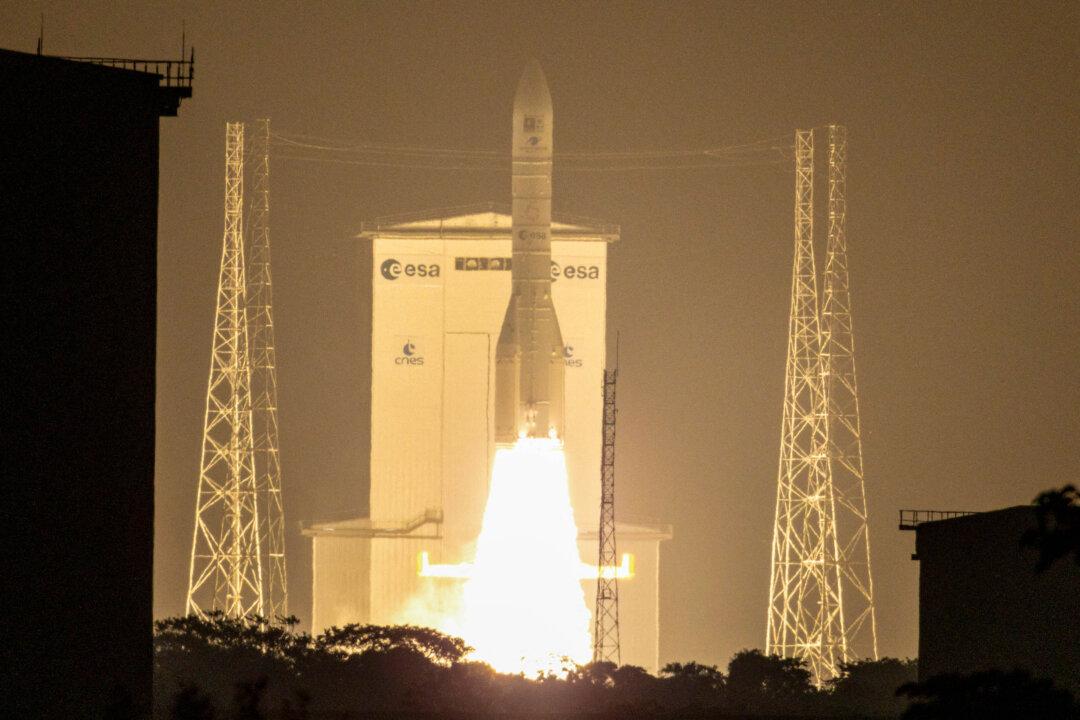More than 200 U.S.-based employees of Radio Free Asia were informed on March 19 that they would be put on unpaid leave this week after the Trump administration announced that it was canceling its funding.
Broadcasting across Asia since 1996, Radio Free Asia was entirely dependent on federal funding and had more than 300 full-time employees based in the United States. That number will now be reduced to about 75.





